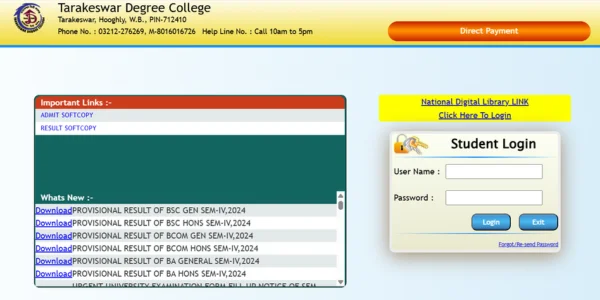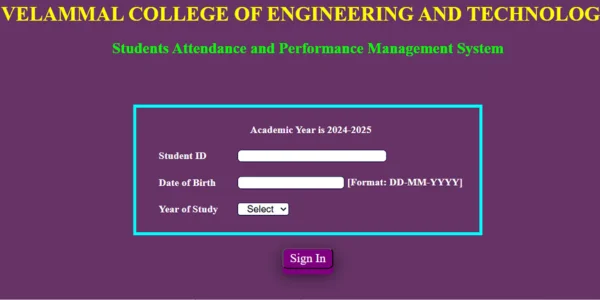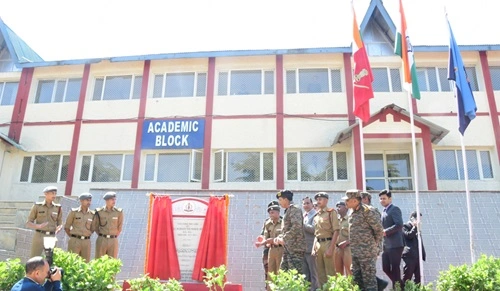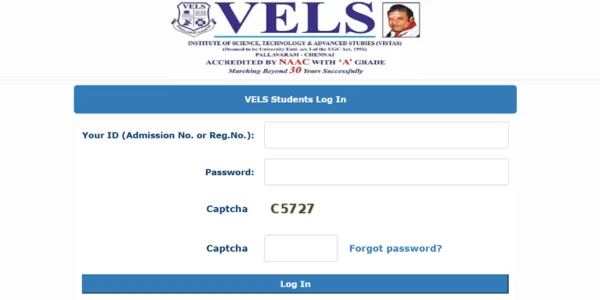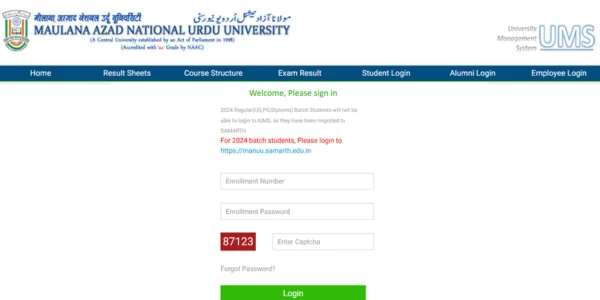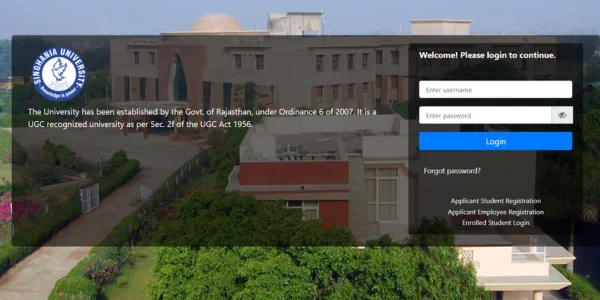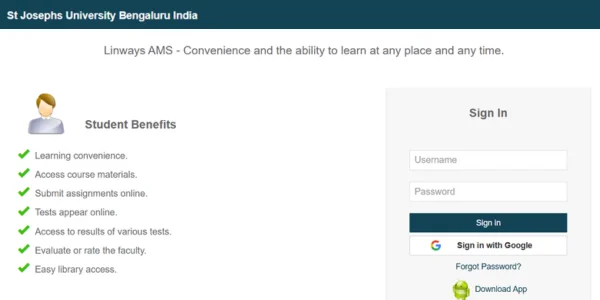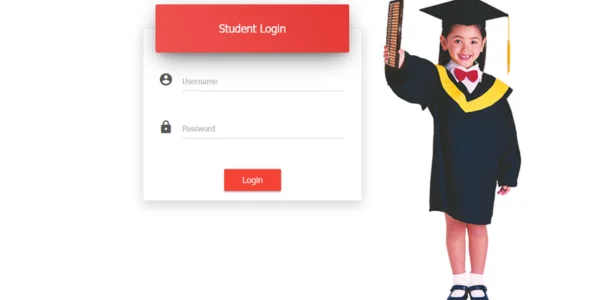Introduction to School Support Roles
The support staff in schools in the UK are the ones who keep the day to day school activities going. These are the people who work directly with teachers and help to give the students what they need in terms of education, guidance, support, and so on. Support functions include teacher assistants, Higher Level Teaching Assistants (HLTAs), learning mentors, office personnel, and behaviour support specialists. Without their contribution, it would be difficult to create productive, safe, and inclusive learning environments.
In the last ten years, the duties of support staff have changed and grown a lot. Schools have to deal with a lot of different things; they have to cope with the diversity of their students and financial constraints. Therefore, support staff have moved into areas that were usually reserved for teachers, like helping them in planning the lessons, giving one-on-one support to the students, and controlling the classroom behaviour. This shift shows their increasing importance in the classroom.

How has the Role of Support Staff Changed?
In the past, school support staff were seen as administrative helpers or classroom assistants who were only doing the most basic jobs. But their role has changed with educational reforms, especially since the introduction of personalised learning and inclusion strategies. Nowadays, support staff are very much a part of the teaching team, and they not only support learning outcomes but also assist with assessments.
Government initiatives, such as the Workforce Remodelling Act and inclusion-focused policies, have had a big hand in these changes. Support staff are doing much more than routine duties. They play a significant role in pupil progress, school quality, and emotional care. Their broadened role is an indication of the change towards a collaborative school structure where all team members take part in the success of the students.
Impact of Teaching Assistants in UK Schools
Teaching assistants (TAs) have been a crucial component of classroom learning. They assist in removing the workload that teachers have since they facilitate small group learning, lesson preparation, and also help the learners who require extra assistance. This gives the teachers more time to concentrate on planning, delivering, and teaching tasks.
TAs have assumed an additional role of helping learners with special educational needs (SEN). A number of teaching assistants deal with students whose learning needs are individualized, like communication skills or behavioural guidance. They provide emotional and academic assistance to students, which facilitates the development of student confidence, independence, and engagement.
Responsibilities of Higher Level Teaching Assistants (HLTAs)
Higher Level Teaching Assistants (HLTAs) are advanced in their duties than ordinary TAs. They are more independent workers and, in most cases, they plan and teach lessons with the supervision of qualified teachers. HLTAs also have the confidence to evaluate the work of the pupils, give feedback, and manage classroom activities. The important responsibilities of HLTAs are:
- Helping with the curriculum delivery of maths, English, science, and fundamental subjects.
- Facilitating the achievement by leading small intervention groups
- Managing the classroom and behaviour efficiently
- Taking classes in case the teacher is absent.
- Helping to plan lessons and student tests.
- Assist the pupils with learning problems or other needs.
They are the missing link between teaching assistants and qualified teachers and, hence, important constituents of the new school labor force.
Developing Skills Through the Level 4 HLTA Course
With the increasing demands of support jobs, a professional qualification is more important than ever. The Level 4 Certificate for Higher Level Teaching Assistants is one of the most widely known qualifications in professional development in the field of education. It assists in sustaining employees to improve their teaching abilities, know educational policies, and become self-assured in providing learning independently.
The course is centered around classroom leadership, assessment plan, protecting duties, and serving diverse students. It enhances practical and professional expertise to enable the school support staff to work in higher capacities. It is possible that there is a structured career pathway in teaching, as many learners start Level 2 or 3 with a teaching assistant course, then advance to Level 4 to become HLTAs.
Importance of Ongoing Professional Training
There are new teaching methods, changes in the national curriculum, and inclusion priorities, which make the education sector constantly evolving. This leads to the fact that school support staff should be trained constantly. The issue of continuous professional development will help HLTAs and TAs keep up with recent pedagogical practices and legal standards.
Examples of training may involve workshops, safeguarding briefings, behaviour management methods, and digital teaching resources. The benefits of investing in staff development in schools include more support in the classroom, better student performance, and higher retention. Training also encourages the staff to feel satisfied with their job since they feel that they are important and competent in their job.
Future of School Support Staff in the UK
In the UK, there is an increased demand for skilled school support professionals. As the class sizes grow, learning gaps due to the pandemic, and national attention on mental health, schools need support staff more than ever. HLTAs and teaching assistants are increasingly perceived to be educational partners and not assistants.
In the future, we can expect career progression paths of support staff in a more formal manner, increased access to free education and qualifications, increased teaching and learning roles, and greater appreciation of support functions in schools. The education system is changing, and support staff lie at the center of change.
